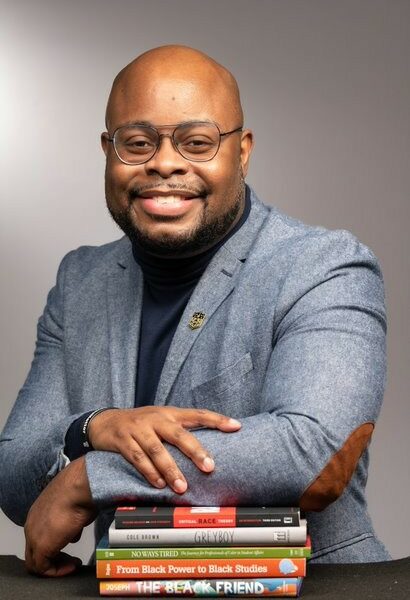

Today we’d like to introduce you to Dr. Frederick Engram Jr.
Hi Dr. Engram, we’d love for you to start by introducing yourself
I was born in Mountain View, California but I grew up in Utica, New York. I am the third oldest of my siblings but I was the first to attend and graduate from college. What’s interesting about this is that I come from a long line of college-educated people except with a twist. Many of the women in my family attended college and the men would join the military. This was a tradition (from my understanding) that began with my great-grandmother (Rita) and her siblings. She and her sisters attended Delaware State University. In fact, my maternal lineage has deep roots in Dover and at Delaware State.
Prior to me most of the men in my lineage were funneled into the military as a means of escaping Utica and transitioning into manhood. I had a mother who absolutely opposed the idea of any of her children joining the military and reinforced higher education. I knew that I was college-bound and had the opportunity to be selected for a program for scholars when I was in sixth grade. This program (YSLPP-Utica College) provided my peers and I six years of college prep experiences ranging from taking classes each summer to college visits.
I was introduced to HBCUs via a college tour with YSLPP when I was 14 years old. We visited Howard University and that visit single-handedly changed the trajectory of my life. At the age of 14, I knew that I would attend an HBCU. I chose a small private liberal arts university in Charlotte, N.C., Johnson C. Smith University changed my life! It helped me to understand the diversity and beauty of our Blackness. It provided for me an understanding of our lived experience and the importance of telling the unwavering truth about it. Those experiences are what led me to where I am today and provide the impetus for how I show up in the world.
I’m sure you wouldn’t say it’s been obstacle-free, but so far would you say the journey has been a fairly smooth road?
Absolutely not! I have had several bumps along my journey that had the potential to derail my success. White supremacy is real and it shows up in all aspects of our lives whether we are aware of it or not. I remember being terminated from my first university job. I was hired as the diversity recruiter (without my knowledge) who was assigned all of the Black territories in New York City and Atlanta. I asked my supervisor if I could shift my travel schedule to accommodate a personal matter. When I arrived to work the following Monday after a weekend retreat I was terminated. It was my first “grown-up” job so I was devastated by the news. It was not until much later when I realized my termination was not handled correctly. My then director took me for a walk and fired me during our walk around campus. I was told that I could grab my things from my office which I did. However, there was no meeting with HR or signing of any documents. Essentially it looks like I just walked off of the job which was not the case.
That experience was my first engagement with what racism looks like in the workplace. I always felt out of place and like I was there to serve a distinct purpose. The moment that I disrupted what that vision was–I was let go. That experience shapes how I view performative measures of diversity, equity, and inclusion today. If the disruption of the status quo is not intentional I want zero parts of it.
Alright, so let’s switch gears a bit and talk business. What should we know about your work?
I am an Assistant Professor of Instruction at the University of Texas-Arlington. I hold a joint appointment with the Department of Criminology/Criminal Justice and the Center for African American Studies. I also hold an affiliate faculty role in the Department of Educational Leadership and Policy Studies. As a researcher, I am interested in researching how African Americans make sense of our experiences with racism in both systems of higher education and criminal justice. I am curious about how these racialized experiences affects push-out in K12 and rates of attrition and stop-out in undergrad and graduate school.
I am a nationally requested keynote speaker and I have had my scholarship featured in media outlets like Blavity, Forbes, and Diverse Issues in Higher Education. I am most proud of knowing that people are engaging with both my public and private work and that they find it useful and insightful. I believe that my authentic approach to teaching about the impact of white supremacy in a way that does not sugarcoat the harm of oppressive voices is what sets me apart. I find that most folks skirt around the harm of white supremacy and attempt to talk about it as a some far-fetched idea. That approach is both dishonest and racist.
We’d love to hear about how you think about risk-taking?
I am a risk-taker but I am also risk-averse if that makes sense. I learned long ago that when opportunities come you have to be willing to show up because lightening does not always strike twice. Moving across the country to teach at UTA knowing the scope of my work was an act of disruption and risk-taking. I am also risk-averse in that I do not play with the coronavirus. I absolutely have been avoiding engaging with mask-less persons.
Contact Info:
- Website: https://www.drfrederickengramjr.com/
- Instagram: https://www.instagram.com/dr.engram19/?hl=en
- Twitter: https://twitter.com/VanCarlito2003?ref_src=twsrc%5Egoogle%7Ctwcamp%5Eserp%7Ctwgr%5Eauthor
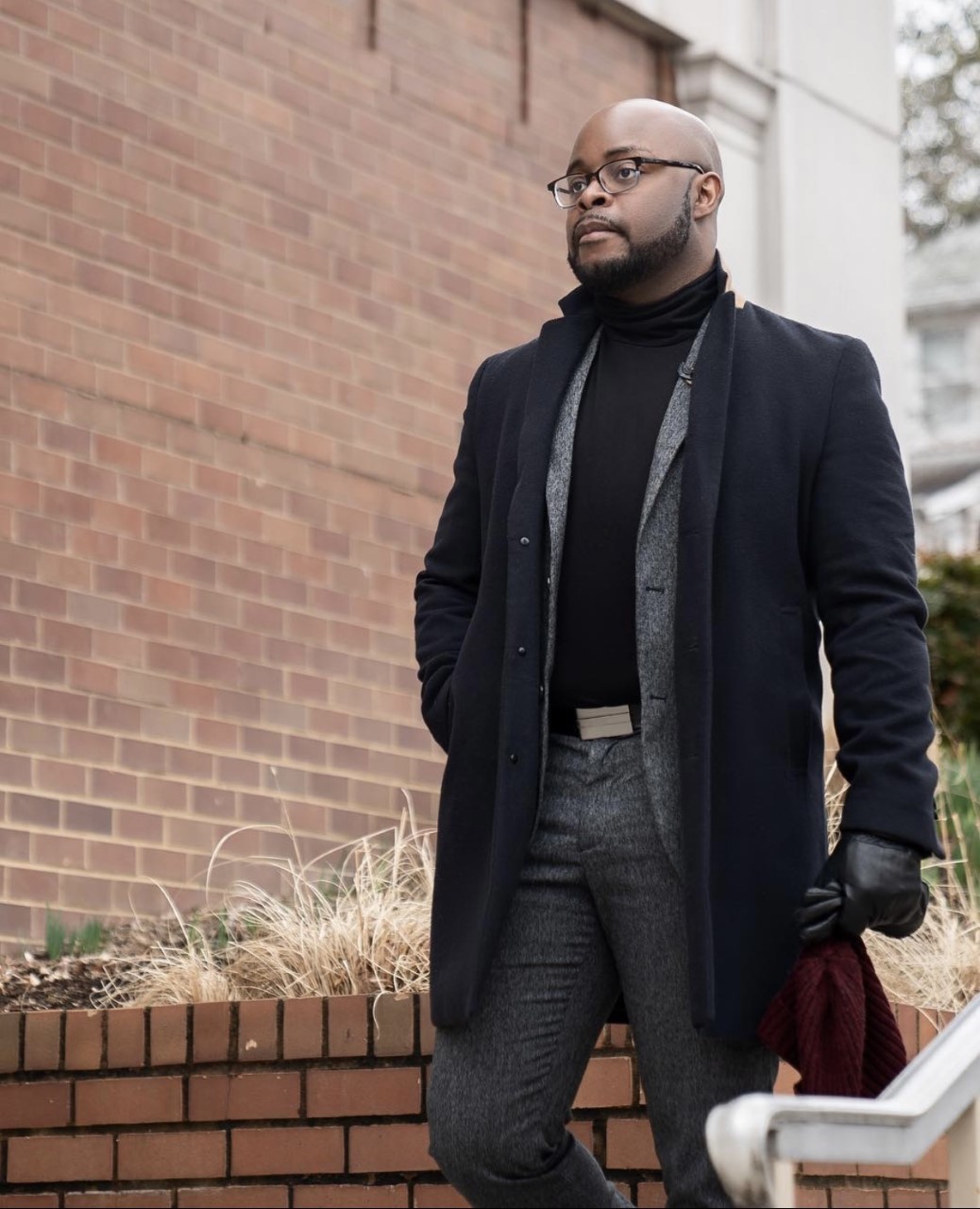
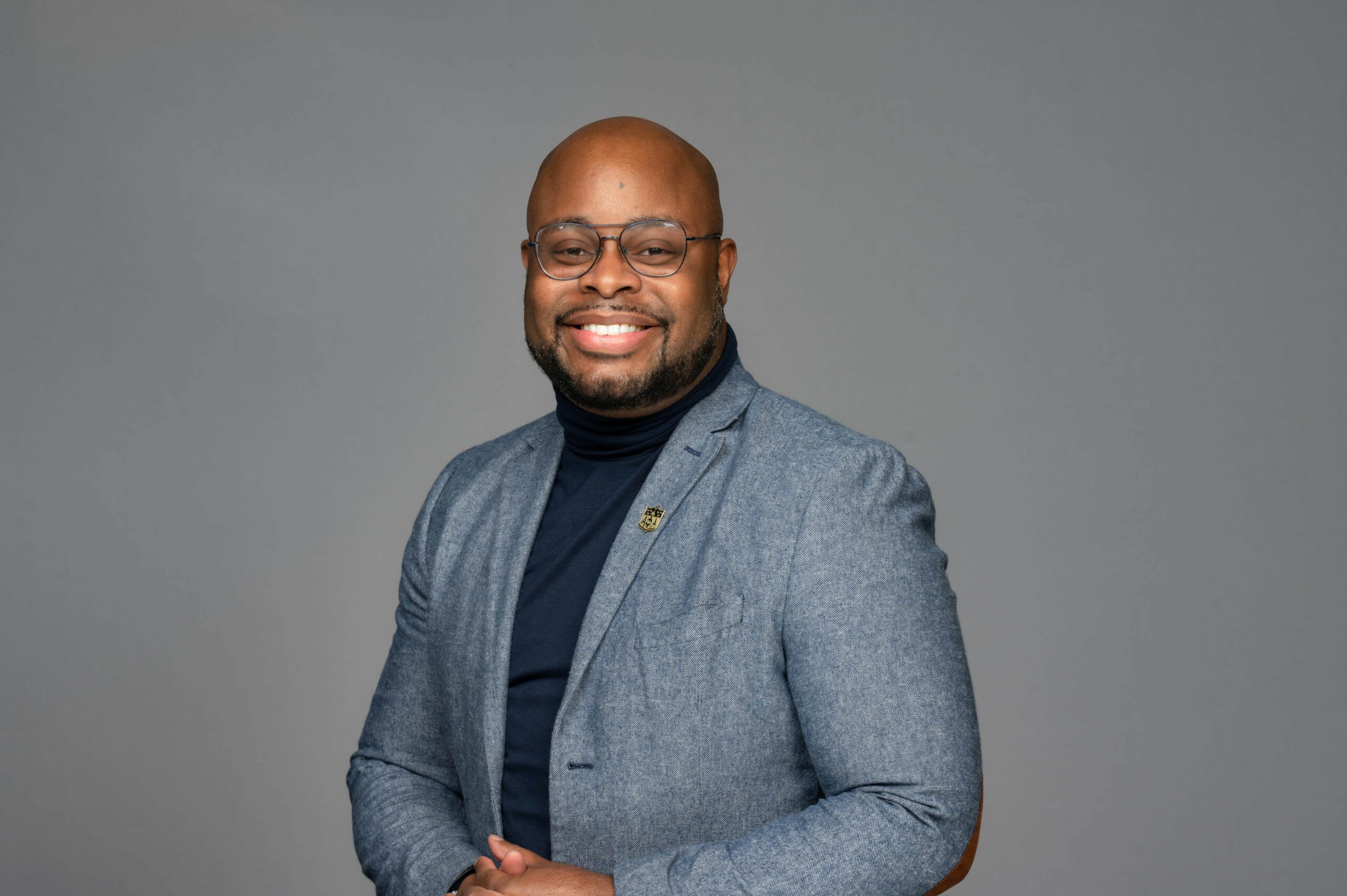

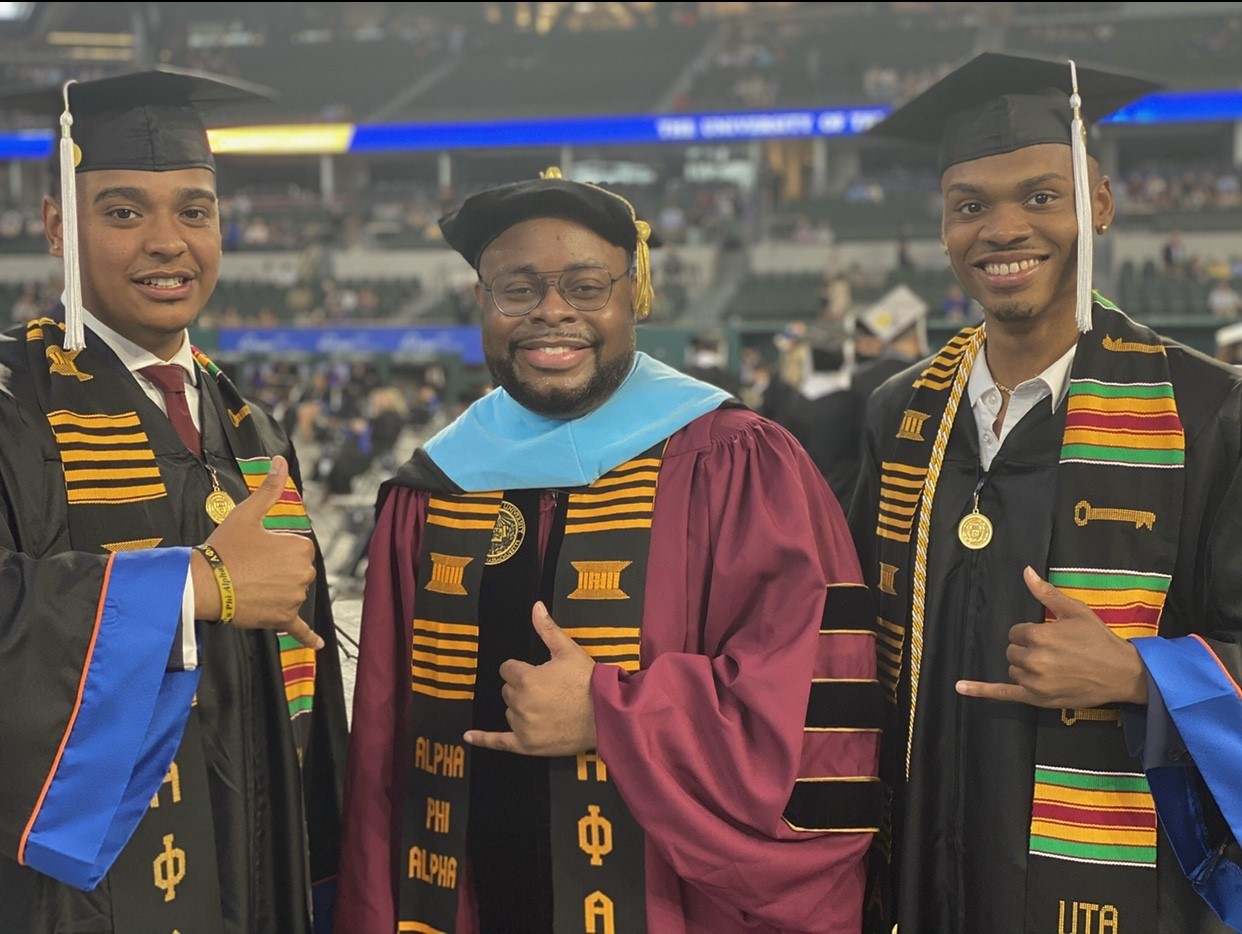
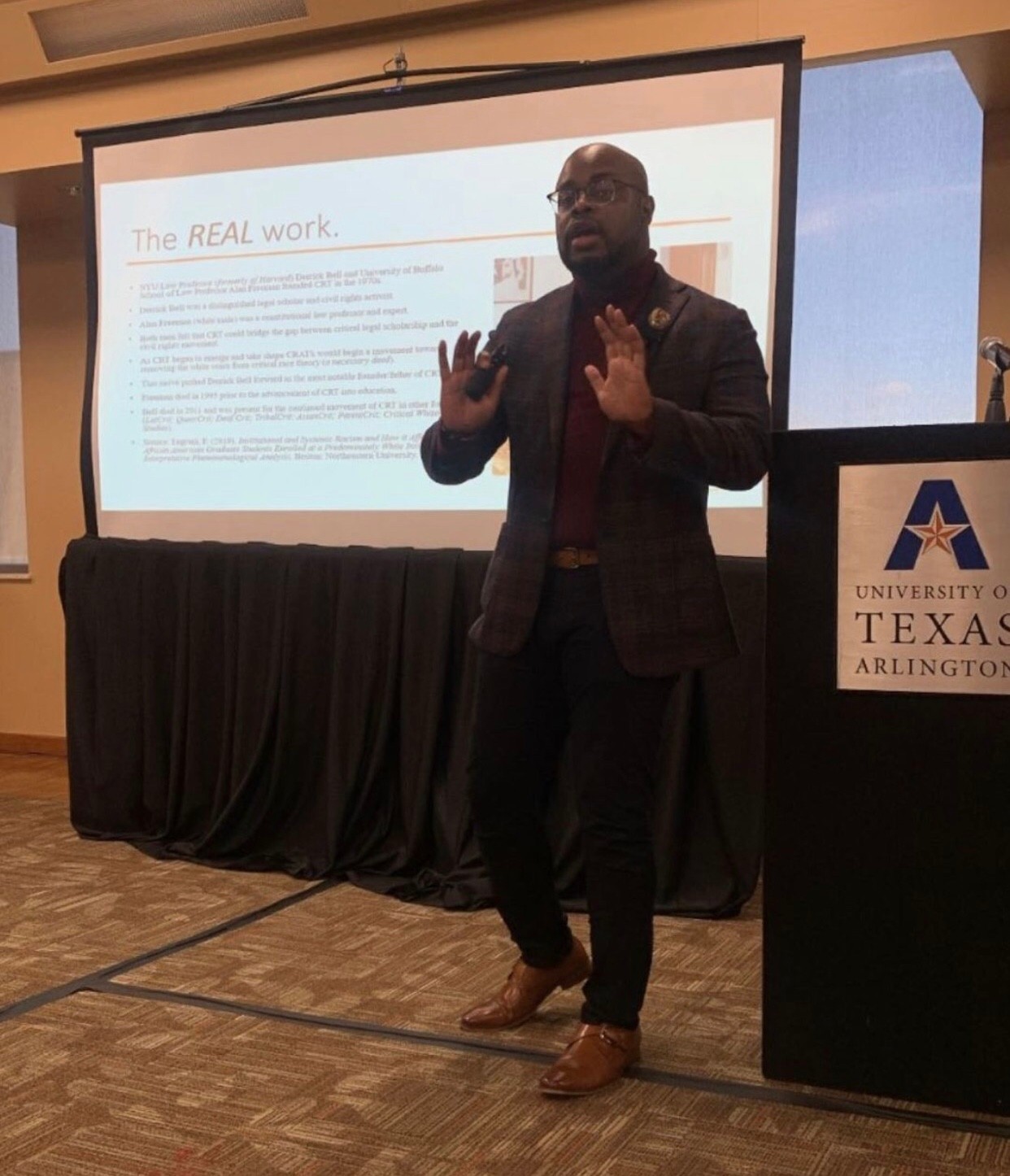

Image Credits
Kendall Frost UTA Photography










